Lessons learned on the effective leadership journey
This month we shed light on the experiences of successful business leaders in the channel and glean insights into the lessons learned along their career pathways, lessons that could also help you successfully lead through the current industry transformation.
PAM BLANCHARD
MD, ICA
 In my 27-year journey from an engineer to a director in our industry, I've navigated a path less travelled by many women. From the outset, I learned that my team is my greatest asset in an industry where innovation and effective problem solving are paramount. Embracing continuous learning and development within the team has been essential to stay relevant and competitive. As a mentor, I’ve realised that true leadership is about inspiring and empowering your team, leading by example and fostering a culture of mutual respect and innovation. A key revelation was the importance of flexibility in business planning. The ability to adapt and evolve as circumstances change is crucial, striking a balance between a clear direction and openness to new, sometimes unanticipated, opportunities. Learning from mistakes and viewing them as lessons rather than failures has enabled me to take calculated risks, innovate and trust my judgment.
In my 27-year journey from an engineer to a director in our industry, I've navigated a path less travelled by many women. From the outset, I learned that my team is my greatest asset in an industry where innovation and effective problem solving are paramount. Embracing continuous learning and development within the team has been essential to stay relevant and competitive. As a mentor, I’ve realised that true leadership is about inspiring and empowering your team, leading by example and fostering a culture of mutual respect and innovation. A key revelation was the importance of flexibility in business planning. The ability to adapt and evolve as circumstances change is crucial, striking a balance between a clear direction and openness to new, sometimes unanticipated, opportunities. Learning from mistakes and viewing them as lessons rather than failures has enabled me to take calculated risks, innovate and trust my judgment.
BARNEY TAYLOR,
CEO, FOCUS GROUP
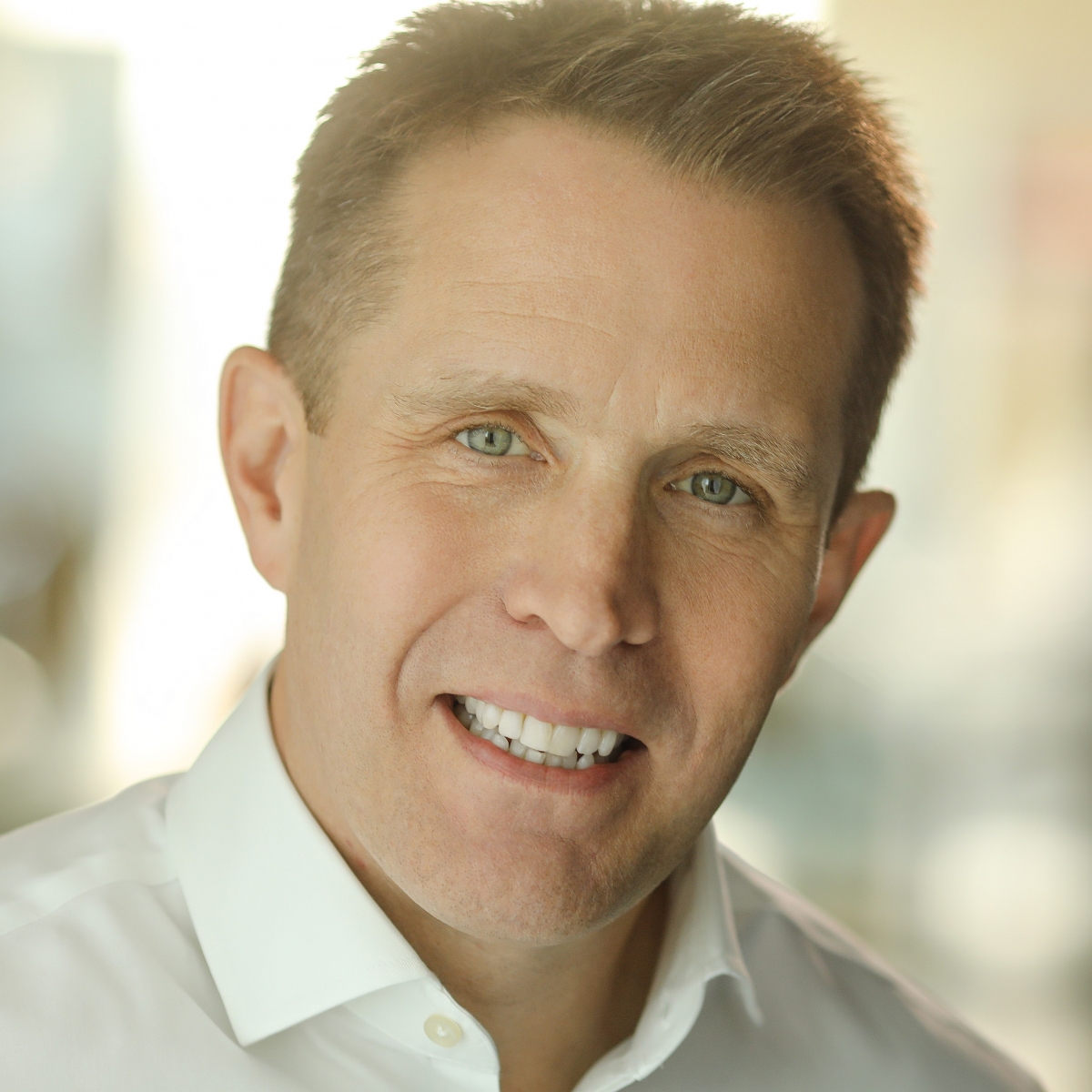 I began my career in telesales at 18 years old and I still use the skills I learnt in those early days. It was tough but it has been the foundation of my entire career. As a leader, the most important lesson I’ve learned is to always put people first. To be a good leader does not mean you cannot be approachable, patient, constructive and communicate well. I try to surround myself with personalities that reflect this style of leadership. Lastly, as a CEO who must be completely accountable to investors, owners and a board, full transparency is crucial. Whatever bad news you must give, be up-front and give it early. Take the hit and learn to communicate how you will fix it at the same time. No bad news ever gets better for waiting longer to deliver it.
I began my career in telesales at 18 years old and I still use the skills I learnt in those early days. It was tough but it has been the foundation of my entire career. As a leader, the most important lesson I’ve learned is to always put people first. To be a good leader does not mean you cannot be approachable, patient, constructive and communicate well. I try to surround myself with personalities that reflect this style of leadership. Lastly, as a CEO who must be completely accountable to investors, owners and a board, full transparency is crucial. Whatever bad news you must give, be up-front and give it early. Take the hit and learn to communicate how you will fix it at the same time. No bad news ever gets better for waiting longer to deliver it.
CARL BARNETT
CEO, GLOBAL 4
 One of the fastest and most important lessons I have learned as a leader is to build a robust team. As a leader, you cannot single-handedly accomplish all the tasks and navigate all the complex challenges thrown at you. Building a solid team is not just about assembling individuals, it's about creating a cohesive team unit who have a diverse set of skills, perspectives and personalities. The ability to delegate responsibilities, empower team members and drive collaboration directly impacts the overall success of the organisation. The lesson learned is that true leadership is a collective effort, and a leader's success is fundamentally and intrinsically tied to the strength and cohesion of the team they create and cultivate.
One of the fastest and most important lessons I have learned as a leader is to build a robust team. As a leader, you cannot single-handedly accomplish all the tasks and navigate all the complex challenges thrown at you. Building a solid team is not just about assembling individuals, it's about creating a cohesive team unit who have a diverse set of skills, perspectives and personalities. The ability to delegate responsibilities, empower team members and drive collaboration directly impacts the overall success of the organisation. The lesson learned is that true leadership is a collective effort, and a leader's success is fundamentally and intrinsically tied to the strength and cohesion of the team they create and cultivate.
FRASER FERGUSON
FOUNDER AND DIRECTOR, KUBENET
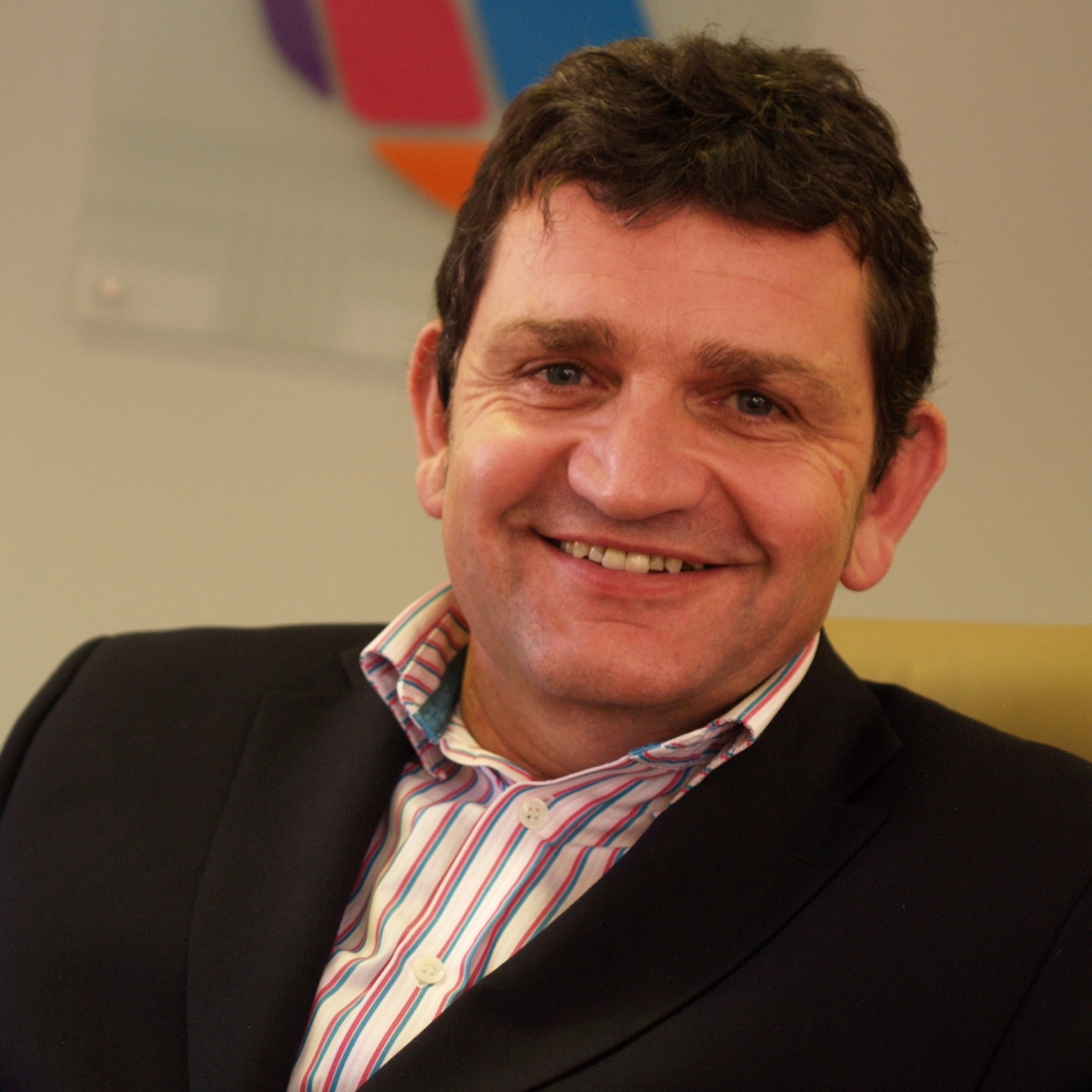 I have been involved in building three businesses, one that exited to a FTSE 250, KubeNet, and one that failed. What’s important is that you take lessons learned into your working life. Firstly, building a strong leadership team is crucial to growth and success. Work with talent that aligns with the aims of the business and let them make meaningful decisions. Ensure your talent has the tools and energy to deliver, and provide a career path that will excite them. Relationships matter so look after your network and take clients and suppliers with you on the journey. I have a number that I call on for advice both personally and business, it grows loyalty and they become great advocators. Regarding the business that failed - you can run low on cash, but don’t run out of cash.
I have been involved in building three businesses, one that exited to a FTSE 250, KubeNet, and one that failed. What’s important is that you take lessons learned into your working life. Firstly, building a strong leadership team is crucial to growth and success. Work with talent that aligns with the aims of the business and let them make meaningful decisions. Ensure your talent has the tools and energy to deliver, and provide a career path that will excite them. Relationships matter so look after your network and take clients and suppliers with you on the journey. I have a number that I call on for advice both personally and business, it grows loyalty and they become great advocators. Regarding the business that failed - you can run low on cash, but don’t run out of cash.
IAN DUNSTAN
MD, COBALT
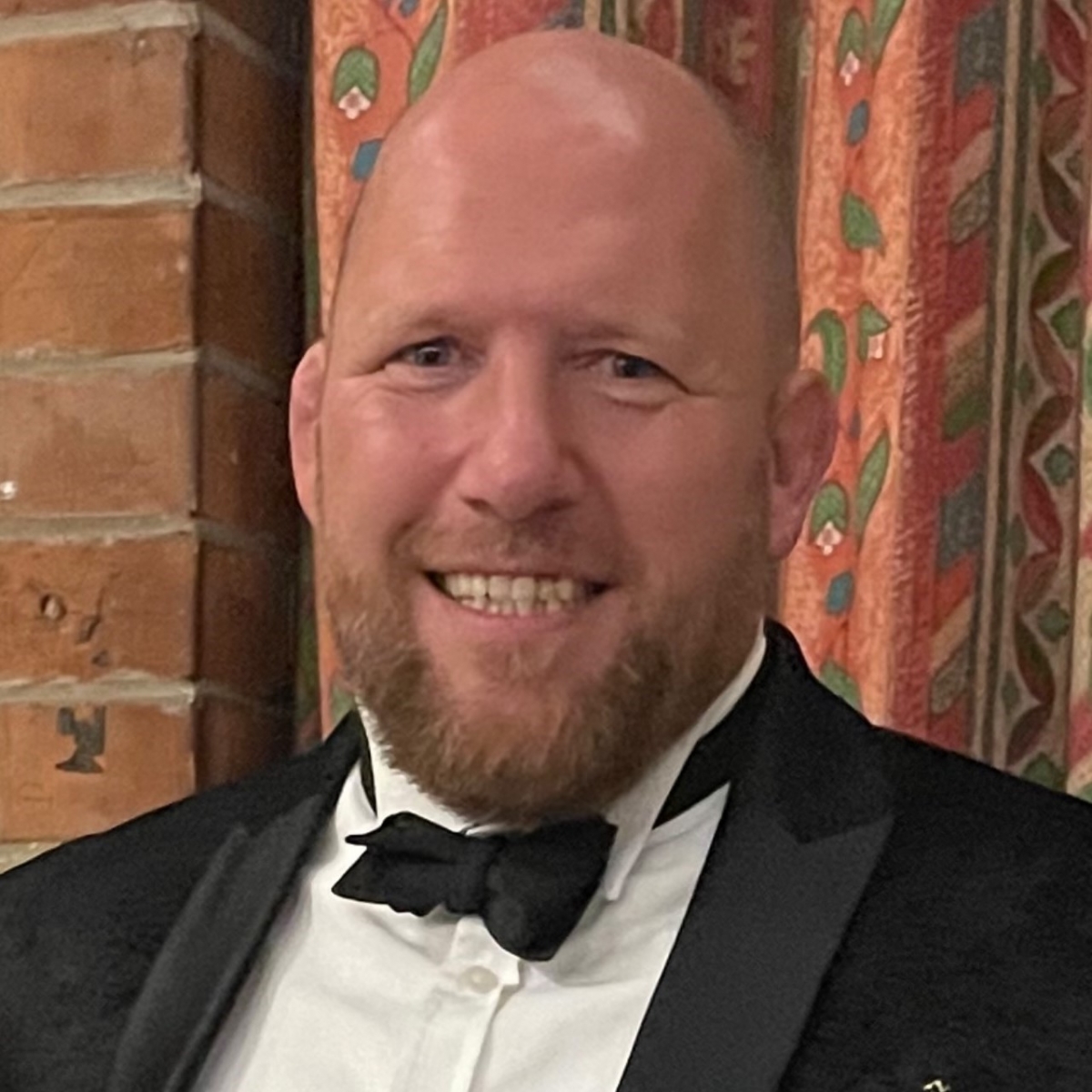 I rely on wise words that have been handed down through the Dunstan family. My great grandfather, Stanley, was a butcher and his wise words were – 'Make your last loss your first loss'. If it’s going to end up costing you financially or emotionally at the end of the journey, make the journey as short as possible. Grandad Alec’s lesson was – 'Accept the things you can’t change'. Finally, my dad Charles’ lesson was – 'Who cares what other people think if you have a high opinion of yourself?' This isn’t arrogance, it’s understanding what your value is. I have never suffered from imposter syndrome because I know someone has put me there, and they may have a reason I don’t yet know. Also, stubbornness can be a huge strength but an even bigger weakness.
I rely on wise words that have been handed down through the Dunstan family. My great grandfather, Stanley, was a butcher and his wise words were – 'Make your last loss your first loss'. If it’s going to end up costing you financially or emotionally at the end of the journey, make the journey as short as possible. Grandad Alec’s lesson was – 'Accept the things you can’t change'. Finally, my dad Charles’ lesson was – 'Who cares what other people think if you have a high opinion of yourself?' This isn’t arrogance, it’s understanding what your value is. I have never suffered from imposter syndrome because I know someone has put me there, and they may have a reason I don’t yet know. Also, stubbornness can be a huge strength but an even bigger weakness.
MATT DYKES
COO AND CO-OWNER, ABZORB
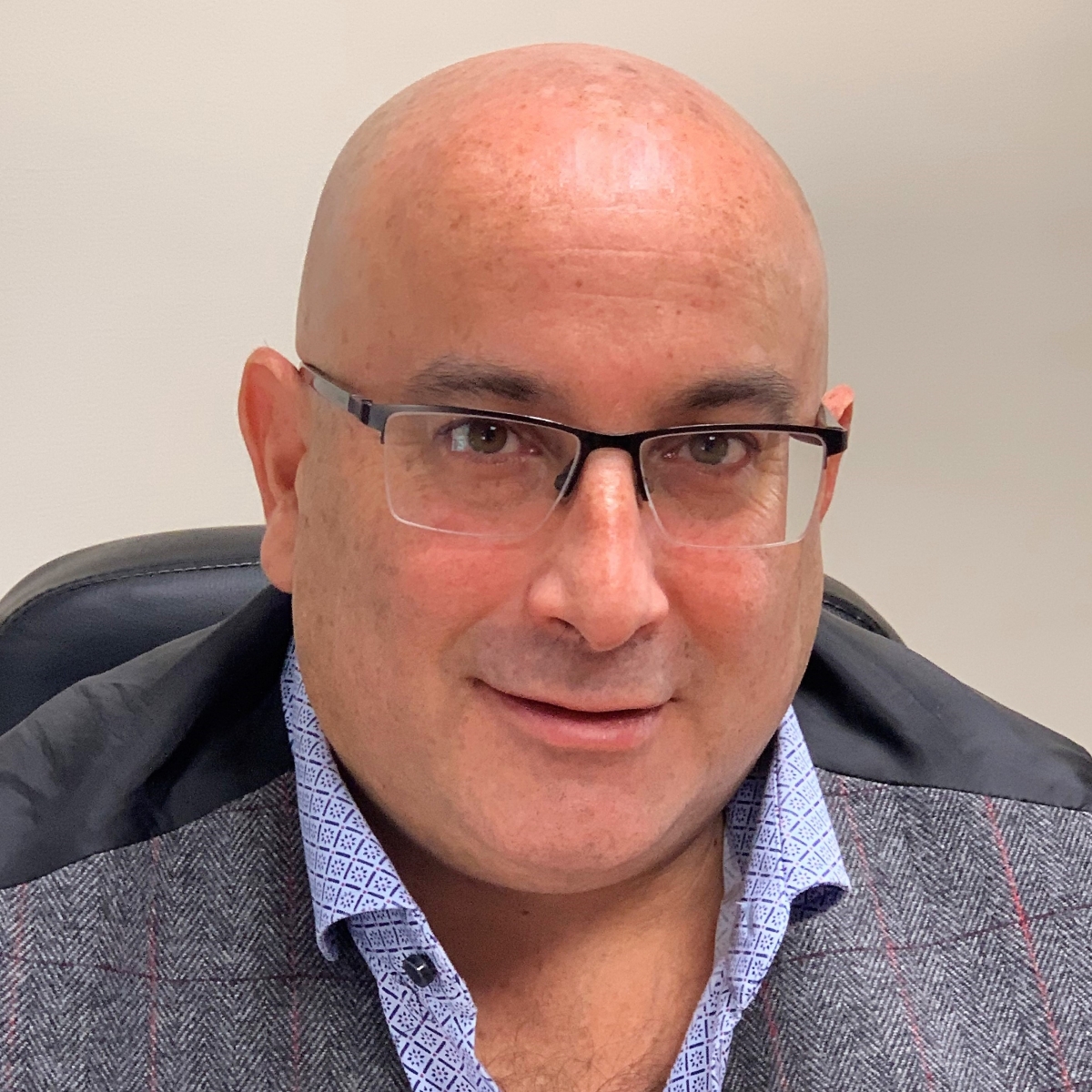 Be authentic and have integrity. By being yourself, you build trust and attract honest people who live and work by your values, resulting in long and transparent relationships. Don’t accept no for an answer if you want something done. Even if people make mistakes and get it wrong at least they have tried and done their best. Sometimes you win and sometimes you lose, but if we don’t fail then we don’t learn and grow with it. Work hard, there are no shortcuts in life. If you want results, then you must work relentlessly for them. Nothing comes easy and hard work is the payoff. When you instil a good work ethic in your team and reward their hard work it will pay off both intrinsically and extrinsically.
Be authentic and have integrity. By being yourself, you build trust and attract honest people who live and work by your values, resulting in long and transparent relationships. Don’t accept no for an answer if you want something done. Even if people make mistakes and get it wrong at least they have tried and done their best. Sometimes you win and sometimes you lose, but if we don’t fail then we don’t learn and grow with it. Work hard, there are no shortcuts in life. If you want results, then you must work relentlessly for them. Nothing comes easy and hard work is the payoff. When you instil a good work ethic in your team and reward their hard work it will pay off both intrinsically and extrinsically.
PAUL HARRISON
MD EMEA, EVOLVE IP
 For me it’s about throwing yourself in at the deep end, getting on with it and finding a way forward even if you are in a difficult position and don’t always have all the immediate answers. Feel confident, believe in your ability and you will rise to the top. That’s the key. Technology never stands still but the key to success is having the right people around you to deliver your objectives, mindset and vision. I’ve been lucky to have the skilled teams to drive business growth. I don’t tend to look back but always forward with vigour, enthusiasm and belief.
For me it’s about throwing yourself in at the deep end, getting on with it and finding a way forward even if you are in a difficult position and don’t always have all the immediate answers. Feel confident, believe in your ability and you will rise to the top. That’s the key. Technology never stands still but the key to success is having the right people around you to deliver your objectives, mindset and vision. I’ve been lucky to have the skilled teams to drive business growth. I don’t tend to look back but always forward with vigour, enthusiasm and belief.
MIKE VAN BUNNENS
CEO, COMMS365
 Leaders should inspire their teams to achieve more, not instil the fear of failure. Otherwise, they risk employees worrying more about keeping their jobs than developing themselves. They should be active too, keeping tabs on service tickets, for example. Most partners and customers have had some sort of reply from me on a ticket without realising it because, from a service point of view, I’m one of the team. It allows me to have granular visibility and lead by example, educating the team on how to respond to certain situations. Finally, leaders are never too experienced to learn. Over the last 18 months we’ve had a chairman who I’ve learnt a great deal from. My management style may still be evolving, but the important thing for me is that I don’t change as a person.
Leaders should inspire their teams to achieve more, not instil the fear of failure. Otherwise, they risk employees worrying more about keeping their jobs than developing themselves. They should be active too, keeping tabs on service tickets, for example. Most partners and customers have had some sort of reply from me on a ticket without realising it because, from a service point of view, I’m one of the team. It allows me to have granular visibility and lead by example, educating the team on how to respond to certain situations. Finally, leaders are never too experienced to learn. Over the last 18 months we’ve had a chairman who I’ve learnt a great deal from. My management style may still be evolving, but the important thing for me is that I don’t change as a person.
PETE TOMLINSON
CEO, WINDSOR
 I’ve never seen an underperforming sales team in a business with a brilliant product and great customer service. Marketing and sales talent is important, but you must get the value proposition right first. Lots of people focus on KPIs and that’s all good. However, when they show something is wrong make sure you look all the way upstream for the source of the problem. More activity alone won’t fix the issue. If in doubt, overshare. Communication is important and it must be authentic. Trust that most people want to do the right thing, you never know who will be able to help you, or who you’ll be able to help.
I’ve never seen an underperforming sales team in a business with a brilliant product and great customer service. Marketing and sales talent is important, but you must get the value proposition right first. Lots of people focus on KPIs and that’s all good. However, when they show something is wrong make sure you look all the way upstream for the source of the problem. More activity alone won’t fix the issue. If in doubt, overshare. Communication is important and it must be authentic. Trust that most people want to do the right thing, you never know who will be able to help you, or who you’ll be able to help.
ADAM TURTON,
CEO, ELITE GROUP
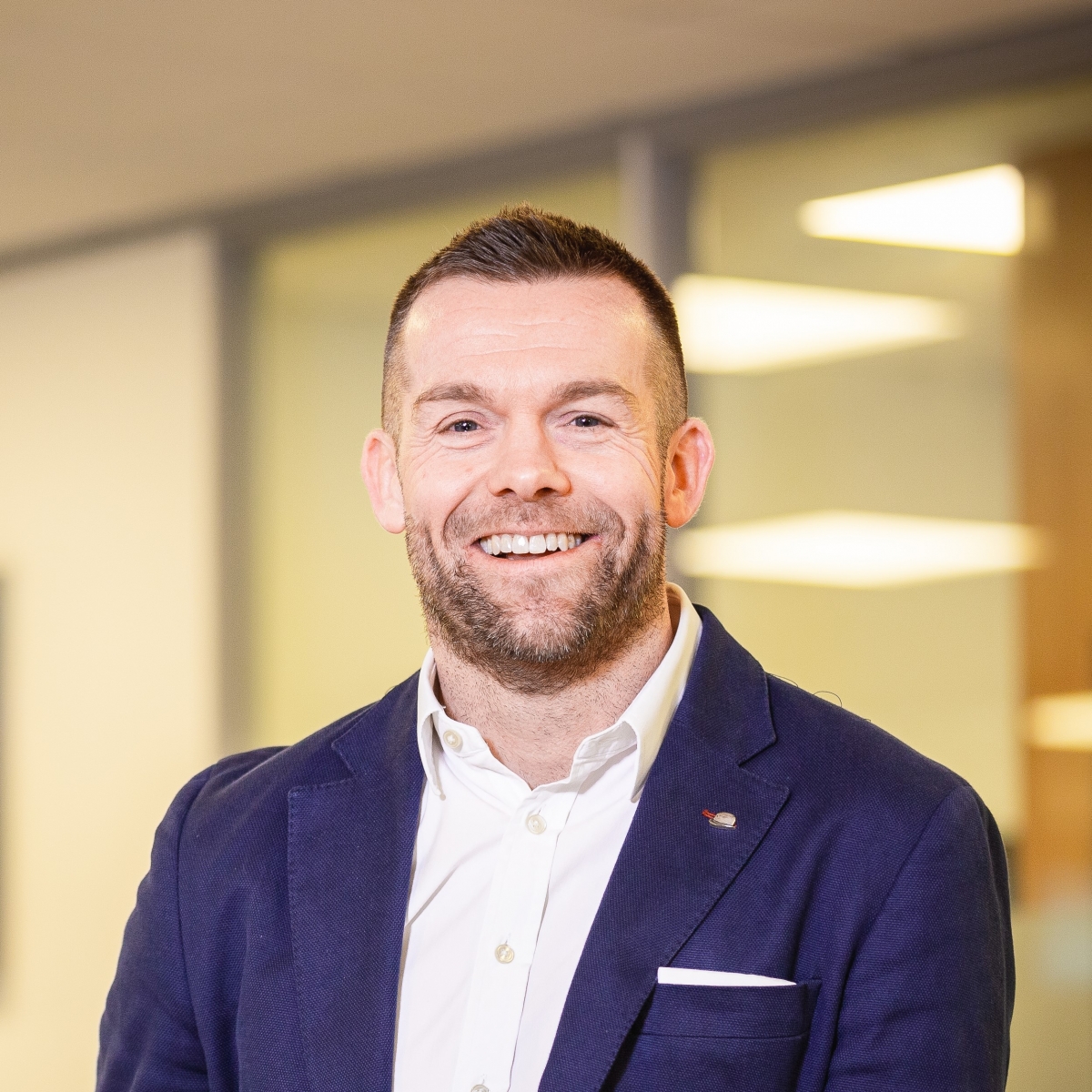 Surround yourself with people better than you. Effective leaders have the humility to recognise that they are not always right, nor are they the best at everything. Business is a team sport and surrounding yourself with people better than you makes the journey an easier and more enjoyable one. Your true worth is determined by how much more you bring in value than you take in payment. In any successful relationship, with a colleague or customer, you need to bring more to the table. Be patient and play the long game. Effective leaders see business as an infinite game. Short-term thinking yields short-term results which are typically not sustainable. The most effective decision making will be based on what is right over the long-term.
Surround yourself with people better than you. Effective leaders have the humility to recognise that they are not always right, nor are they the best at everything. Business is a team sport and surrounding yourself with people better than you makes the journey an easier and more enjoyable one. Your true worth is determined by how much more you bring in value than you take in payment. In any successful relationship, with a colleague or customer, you need to bring more to the table. Be patient and play the long game. Effective leaders see business as an infinite game. Short-term thinking yields short-term results which are typically not sustainable. The most effective decision making will be based on what is right over the long-term.
JOHN HAYES-WARREN
CEO, AGILITAS
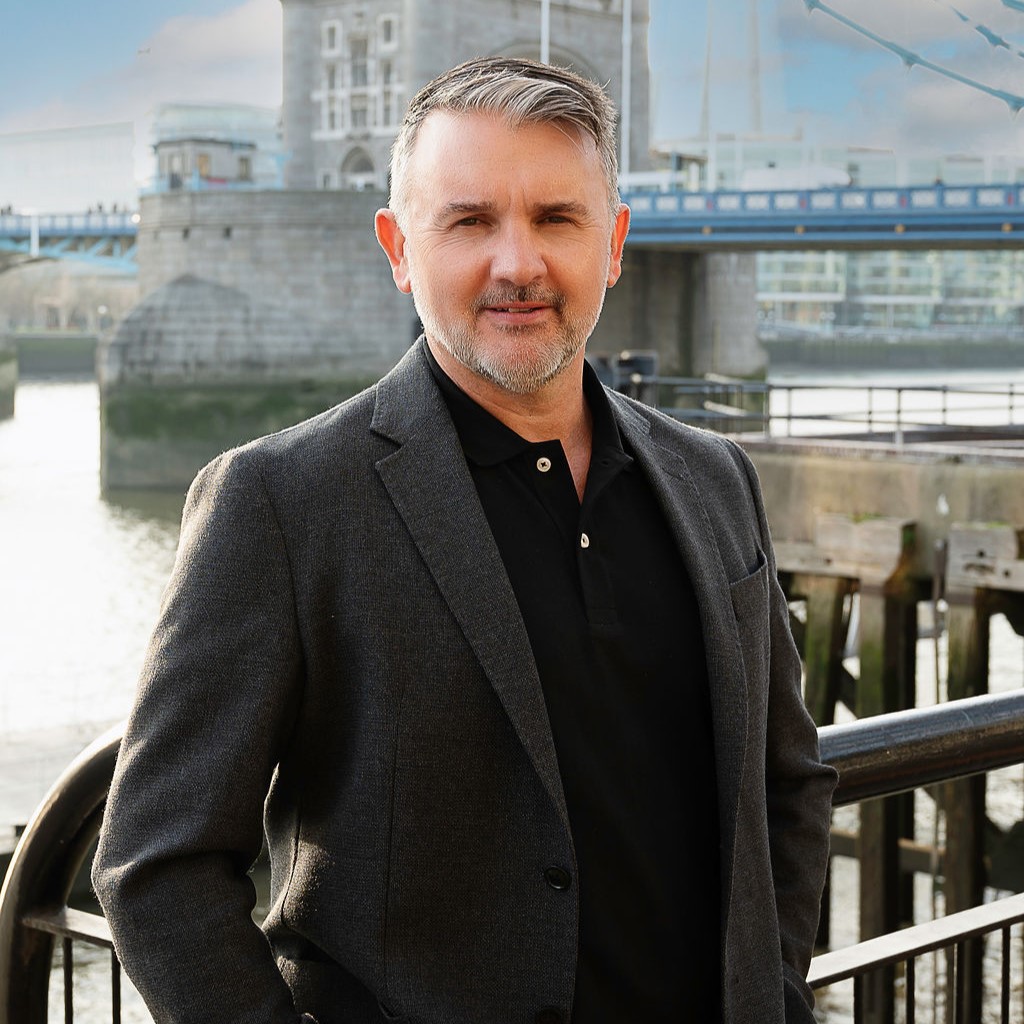 Regardless of their professional level, working toward motivating employees with a clear understanding of how to maximise productivity and skills is key to a company’s growth strategy. Highly engaged employees are willing to go the extra mile to contribute to success. Standing still after a great quarter feels like the most comfortable step, but to be disruptive in business we must keep moving. Being active with sales and evolving company strategy following the market has given me the knowledge needed to lead toward the most advantageous future. Great internal comms drives a business forward. When employees know what they are working towards they can add value to the total experience and develop company-wide consistency that moves the needle forward.
Regardless of their professional level, working toward motivating employees with a clear understanding of how to maximise productivity and skills is key to a company’s growth strategy. Highly engaged employees are willing to go the extra mile to contribute to success. Standing still after a great quarter feels like the most comfortable step, but to be disruptive in business we must keep moving. Being active with sales and evolving company strategy following the market has given me the knowledge needed to lead toward the most advantageous future. Great internal comms drives a business forward. When employees know what they are working towards they can add value to the total experience and develop company-wide consistency that moves the needle forward.
